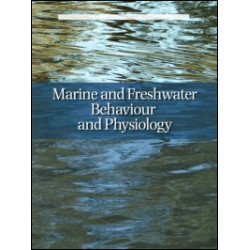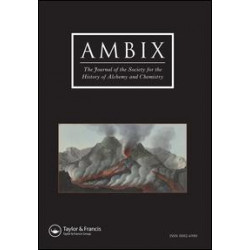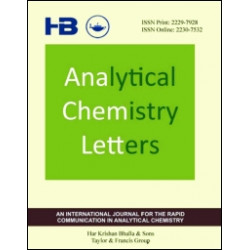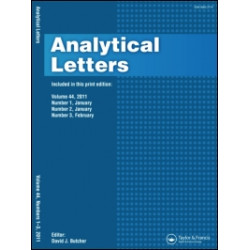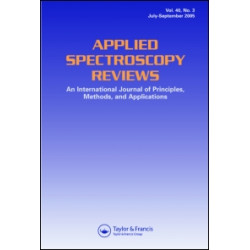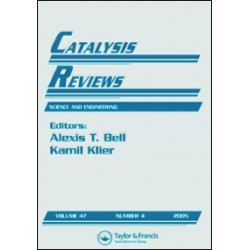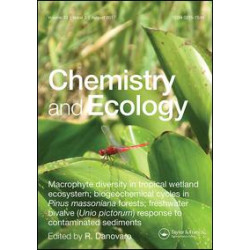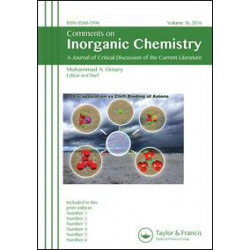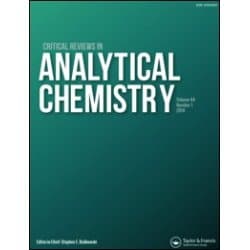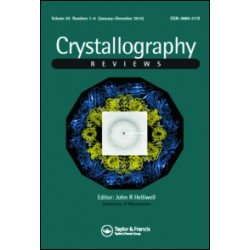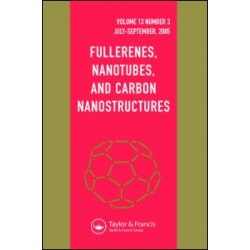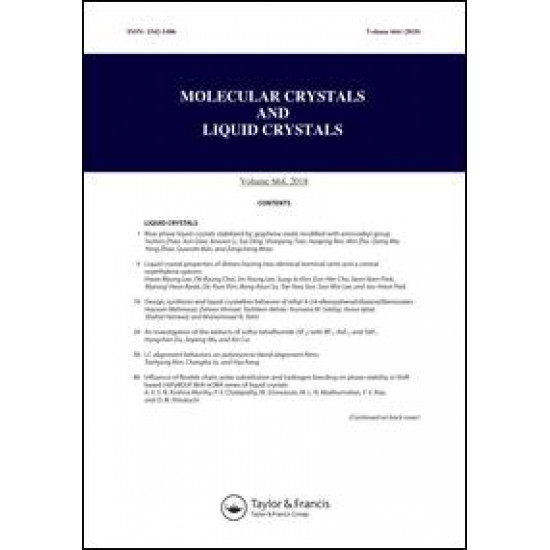
Molecular Crystals & Liquid Crystals
Established in 1966, Molecular Crystals and Liquid Crystals is a world-leading journal publishing original research papers in both an experimental and theoretical nature in three areas of specialization: liquid crystals, molecular crystals, and low-dimensional solids. These cover, but are not limited to:
Liquid Crystals:
The journal publishes research papers, review papers, and book reviews. In all three areas, experimental manuscripts describing both preparation and properties will be considered. Papers that describe determination of crystal structure alone are not encouraged unless some solid state forces (hydrogen bonding, charge transfer, etc.) are playing a significant role and/or some solid state properties of the materials are measured.
Special Issues
Proposals for special issues in cutting-edge areas are encouraged and should be discussed with the Editor-in-Chief (labes@temple.edu).
Peer Review Policy
All submitted manuscripts are subject to initial appraisal by the Editor-in-Chief, and if found suitable for further consideration, will be peer-reviewed by independent and anonymous expert referees. All peer review is single-blind and submission is via email of the relevant regional editor. Emails are hyperlinked on the Instructions for Authors page.
Publishing Ethics
The journal adheres to the highest standards of publishing ethics, with rigorous processes in place to ensure this is achieved. Taylor & Francis is a member of the Committee of Publications Ethics (COPE) and utilizes CrossCheck for all journals. More information on our ethical standards and policies can be found here: https://authorservices.taylorandfrancis.com/ethics-for-authors/. Our Appeals and Complaints policy can be found here: https://authorservices.taylorandfrancis.com/peer-review-appeals-and-complaints-from-authors/.
Queries regarding submissions can be made by contacting the Editor-in-Chief, whose decision is final.
Liquid Crystals:
- Electro- and magneto-optical phenomena; thermodynamics; phase transitions; structure; NMR and orientation-controlled spectroscopy; theory
- Spectroscopy; energy and charge transfer; solid state reactions; photo and radiation effects
- Structure, electronic, magnetic, and optical properties; transport mechanisms
The journal publishes research papers, review papers, and book reviews. In all three areas, experimental manuscripts describing both preparation and properties will be considered. Papers that describe determination of crystal structure alone are not encouraged unless some solid state forces (hydrogen bonding, charge transfer, etc.) are playing a significant role and/or some solid state properties of the materials are measured.
Special Issues
Proposals for special issues in cutting-edge areas are encouraged and should be discussed with the Editor-in-Chief (labes@temple.edu).
Peer Review Policy
All submitted manuscripts are subject to initial appraisal by the Editor-in-Chief, and if found suitable for further consideration, will be peer-reviewed by independent and anonymous expert referees. All peer review is single-blind and submission is via email of the relevant regional editor. Emails are hyperlinked on the Instructions for Authors page.
Publishing Ethics
The journal adheres to the highest standards of publishing ethics, with rigorous processes in place to ensure this is achieved. Taylor & Francis is a member of the Committee of Publications Ethics (COPE) and utilizes CrossCheck for all journals. More information on our ethical standards and policies can be found here: https://authorservices.taylorandfrancis.com/ethics-for-authors/. Our Appeals and Complaints policy can be found here: https://authorservices.taylorandfrancis.com/peer-review-appeals-and-complaints-from-authors/.
Queries regarding submissions can be made by contacting the Editor-in-Chief, whose decision is final.
₹1,976,610.76






